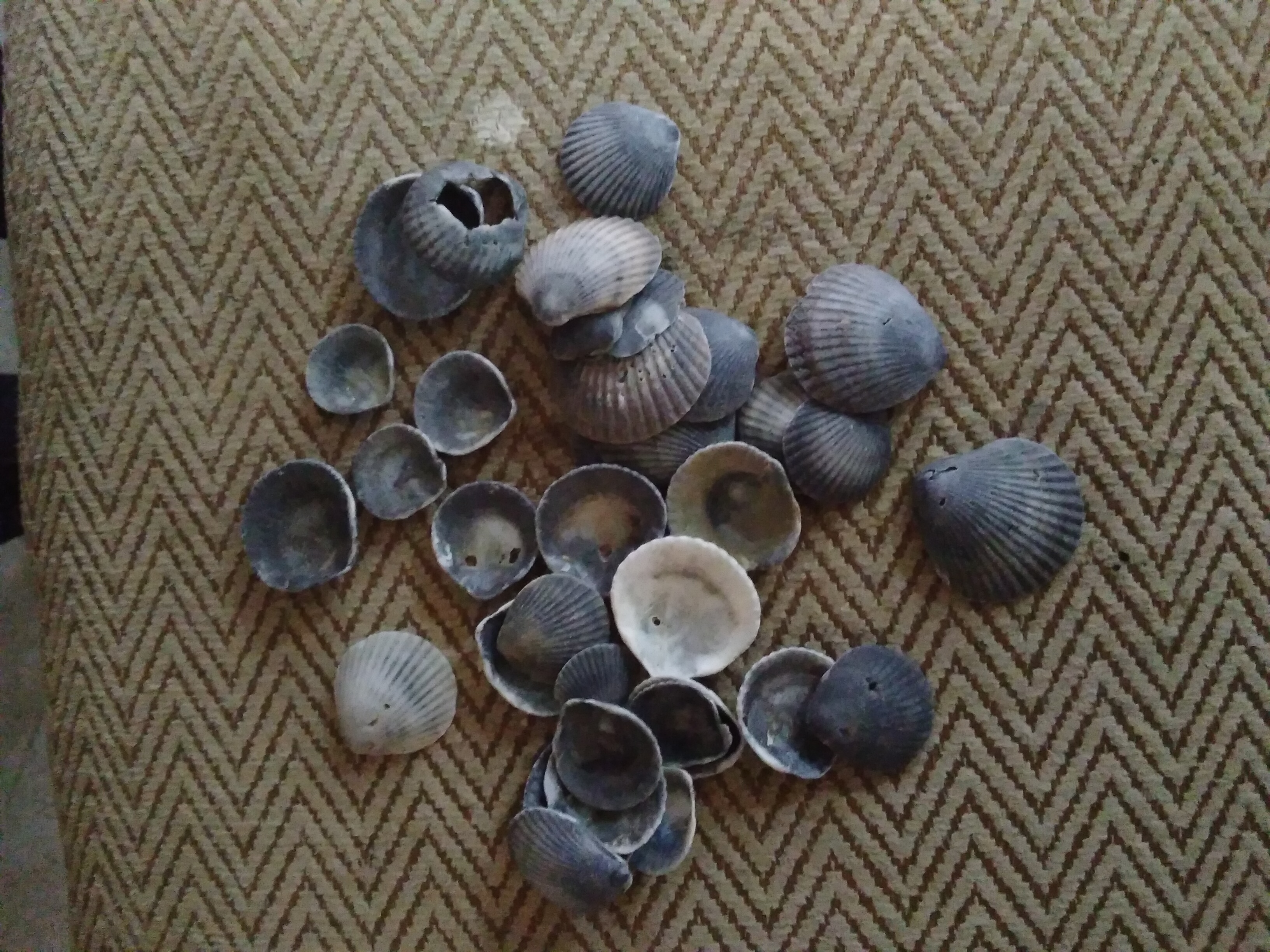


Mortar is a crucial component of masonry structures since it has an impact on the overall performance of the structure. In order to do this, selecting the appropriate mortar and applying it correctly are important stages in the masonry construction process. Despite the fact that all design standards contain specified criteria for commonly used mortars, there are a few exceptions to this rule. This research is an outcome of a study into the chemical and mineralogical properties of mortar made using seashell as a replacement for sand. The data for this study was gathered via the use of an experimental technique. Testing the physical properties of seashell granules and sand was done using the following procedures: sieve analysis; moisture content test; bulk density test; and specific gravity test. With a design mix of 1:6, 252 mortar cubes were made using a 40x40mm mould and different percentages by weight of the seashell granules as fine aggregate in the range of 0%, 5%, 10%, 15%, 20%, 25% and 30%. The chemical and mineralogical properties of seashell granules, as well as the seashell hardened mortar (SHM), were investigated using a number of methods, including SEM, EDS, XRD, XRF, and FTIR.
Mortar is a crucial component of masonry structures since it has an impact on the overall performance of the structure. In order to do this, selecting the appropriate mortar and applying it correctly are important stages in the masonry construction process. Despite the fact that all design standards contain specified criteria for commonly used mortars, there are a few exceptions to this rule. This research is an outcome of a study into the chemical and mineralogical properties of mortar made using seashell as a replacement for sand. The data for this study was gathered via the use of an experimental technique. Testing the physical properties of seashell granules and sand was done using the following procedures: sieve analysis; moisture content test; bulk density test; and specific gravity test. With a design mix of 1:6, 252 mortar cubes were made using a 40x40mm mould and different percentages by weight of the seashell granules as fine aggregate in the range of 0%, 5%, 10%, 15%, 20%, 25% and 30%. The chemical and mineralogical properties of seashell granules, as well as the seashell hardened mortar (SHM), were investigated using a number of methods, including SEM, EDS, XRD, XRF, and FTIR.